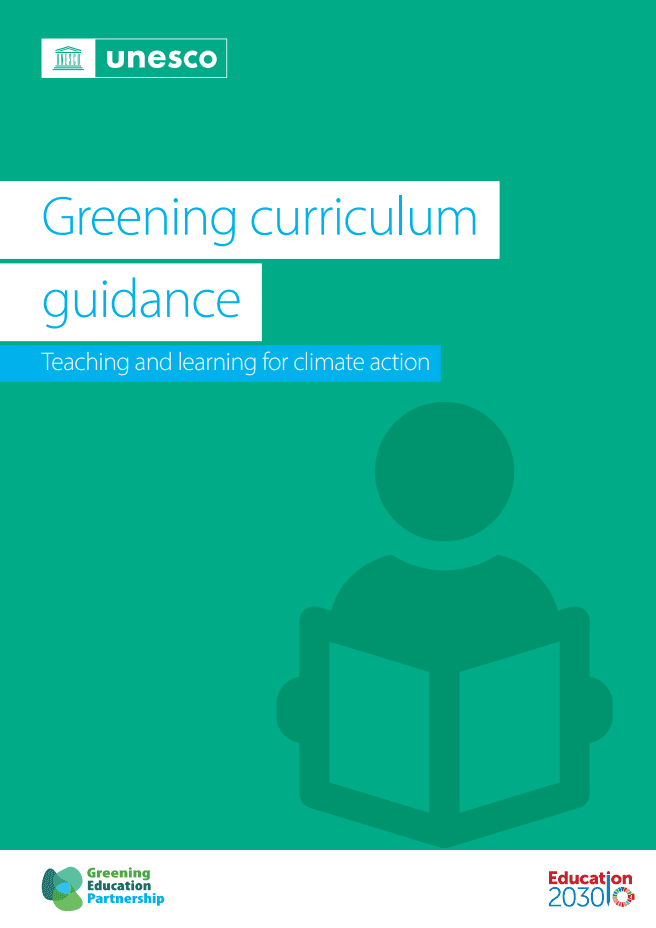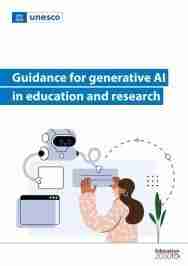The Greening Curriculum Guidance: Teaching and Learning for Climate Action report offers a transformative framework for embedding climate change and sustainability education across all levels, from early childhood to lifelong learning. It sets a bold target: by 2030, 90 % of countries should incorporate climate change into their national curricula.
Developed under the Greening Education Partnership, the Guidance envisions education that’s not just informative but action- and justice-oriented. It outlines four foundational principles, action-focused, justice-promoting, scientifically accurate, and inclusive, designed to foster green agency, socio-emotional skills, critical thinking, and behavioral change. It provides detailed, age‑appropriate learning outcomes across cognitive, affective, and behavioral domains for different learner groups (ages 5–8, 9–12, 13–15, 16–18, and adults).
The Guidance also maps out a 10-step roadmap for implementation. This includes policy reviews, inclusive stakeholder engagement (especially youth), curriculum redesign, capacity building for teachers, and community integration. It emphasizes whole‑institution and whole‑community approaches—using schools as “living labs,” engaging students and communities in hands‑on projects, non‑formal learning ventures, and public awareness campaigns to bridge knowledge with real-world action unesco.org.
In sum, the report redirects climate education from passive knowledge transfer toward an empowered, justice‑driven learning model that prepares learners to act on local and global challenges effectively.






